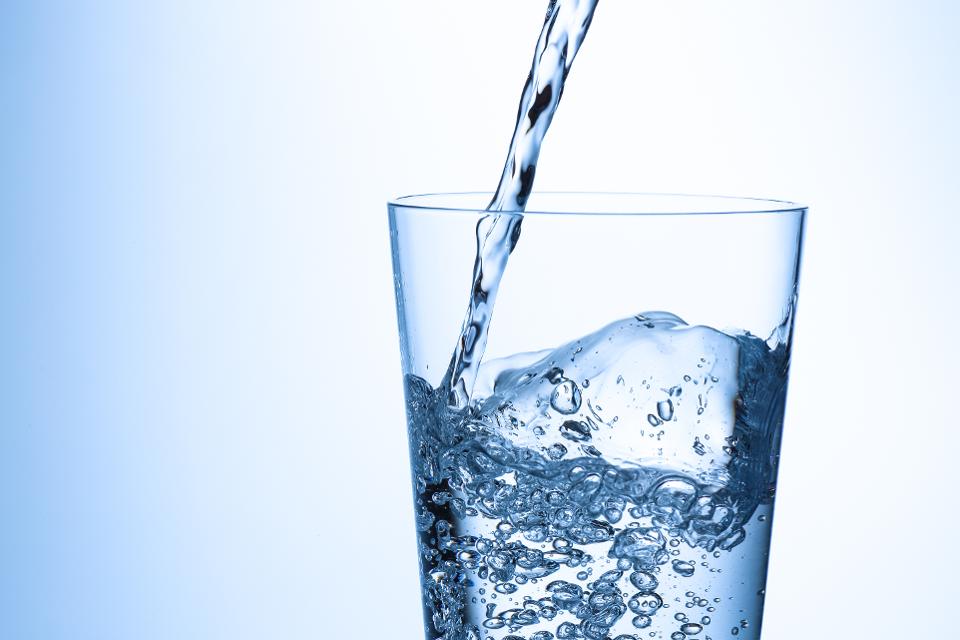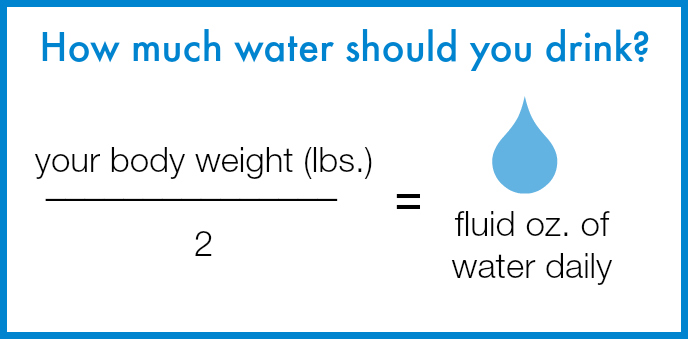We have all heard that we need to stay hydrated and drink water throughout the day.
Every. Single. Day.
Water is so important for so many reasons, including keeping our bladder and bowels
functioning efficiently. If we aren’t drinking enough water, we can start to feel crampy in
our abdomen, lower legs, and back; constipated; sluggish; feel burning sensations while
urinating; and disrupting the normal function of our organs.
So, yes, science is in fact correct in that our body contains up to 60% of that beloved H2O. Water is really important! In regards to why we are talking about water and hydration in this post, we will be referring to bladder and bowel health.
When we don’t drink enough water, we become dehydrated. This dehydration can lead
to our bladder becoming irritated and also holding concentrated, acidic fluid. Understandably so, the inner lining of our bladder doesn’t really like holding this super acidic fluid and begins speaking to the rest of our body as such.

An unhappy bladder can: spasm, become very painful and uncomfortable, cause frequent trips to the bathroom, be so acidic that it creates a burning sensation with urination, cause pelvic floor muscle tension due to the irritation, even create a more painful sexual experience.
Our bowels also rely on the intake of water. As our waste moves through our large intestine, it is losing water to dry up the stool. The more water we drink, the looser our stool becomes by way of osmosis. This means our large intestine is reabsorbing water as our waste travels through; it needs enough water within our waste to absorb and push our waste through our whole system or our stool will just hang out in our large intestine.
An unhappy bowel can: cause bloating, result in slower transit of stool through your colon, produce pellet-like bowel movements resulting in painful passing of stool and constipation/extra stress and strain to colonic walls, and your pelvic floor can have a reaction to increased pressure in your rectum by tightening up to avoid an accident.
So, how much water should you be drinking? The general rule of thumb is to take
your bodyweight, divide it in half and convert that half directly to ounces. This is regular ole water, people. If you have a current bladder dysfunction, the bubbly water can make it more irritated; coffee, tea whether it’s caffeinated or decaffeinated (although decaf is slightly better) doesn’t count as “water;”alcohol is also on the list of not being “water.” When we talk about hydration, we’re talking about plain, straight-forward water.

For some of us, that can be a lot of water! If you have incontinence issues, please know that your symptoms may get worse before they get better as you work with increasing your water intake. But also note that you’re creating a much healthier environment for your bowel and bladder so they can return to their normal function.

